In this insightful interview, Ms. Suranjana Ghosh, the dynamic Head of the Marico Innovation Foundation (MIF), shares insights into the organization's groundbreaking efforts in plastic waste management. Established in 2003, MIF has been at the forefront of nurturing innovations that promise substantial social, environmental, and economic benefits. Recently, the foundation has turned its focus to the critical and growing issue of plastic waste, a sector it identifies as a sunrise sector for its potential for transformative impact.
In the interview, we delve into MIF's strategic approach, including their unique playbook on tackling plastic waste, collaborative efforts with startups, and the integration of advanced technologies like AI in waste management. Ms. Ghosh also reflects on the evolving global landscape of plastic waste management, sharing valuable insights on India's role in this global challenge and offering advice to organizations eager to make a difference in this vital sector.
Read the full interview to uncover the strides taken by MIF under Ghosh's leadership, aiming to foster a sustainable and innovative approach to managing plastic waste:
Q. Can you provide an overview of the Marico Innovation Foundation's objectives and strategies in addressing plastic waste management?
A. Started in 2003, Marico Innovation Foundation (MIF) is a philanthropic institution committed to fostering and catalyzing Indian innovations that can create large-scale social, environmental, and economic impact.
Once every 2 years, MIF identifies and ventures into a sector that is underserved, which has the potential to create large-scale social, environmental, or economic impact for the country if paid attention to. MIF calls such nascent sectors as sunrise sectors.
The objective of MIF’s sector-specific interventions is to hunt, recognize, and scale up innovative organizations, to boost the sunrise sector's innovation ecosystem. MIF aims to collaborate with other players in that sunrise sector ecosystem to deliver long-term, sustainable impact.
In 2022, MIF identified plastics/waste as a sector to focus on, considering the growing concerns around waste management in India and around the world. It was a strategic decision to address a sector at the cusp of breakthrough adoption, with emerging innovations. The gap that we identified was that all reports/playbooks were talking about problems that we face today in this sector to tackle the growing plastics waste and we wanted to come up with a playbook with solutions to the hard problems that exist today, such as sorting of waste at high speeds, or recycling hard to recycle plastics such as flexibles and multi-layer packaging.
Q. Over the last 4-5 years, how has the plastic waste management ecosystem evolved in terms of stakeholder involvement, public awareness, and policy impact?
A. Over the past 4-5 years, the plastic waste management ecosystem has undergone a significant transformation with a growing global urgency for action. The global concern to reduce plastic has reached a critical juncture. Governments, organizations, and individuals worldwide are increasingly acknowledging the urgency to curb plastic production and consumption. On March 2, 2022, the United Nations approved a landmark agreement to create the world's first-ever global plastics pollution treaty. The unique potential of a global, United Nations-led treaty is to hold all countries to a high common standard on plastic consumption and create a clear path toward a future free from plastic pollution. International organizations like Global Alliance for Incinerator Alternatives (GAIA) have played a pivotal role in advocating for change.
At the country and industry levels, steps are being taken to address the pressing issue of plastic waste management that demands immediate attention and action. There is a clear need for multi-stakeholder collaboration and stakeholders, including Urban Local Bodies (ULBs), government entities, non-profits, private recyclers, and brand owners, are actively engaging in various aspects of the plastic waste management value chain. Public awareness initiatives have led to behavior change, emphasizing the importance of segregation and collection at the consumer level, followed by continued segregated collection at the municipal level. Brand owners are increasingly implementing measures for responsible disposal, reuse, and recycling, discouraging the disposal of plastic waste in incinerators and landfills. Specific interventions, such as Extended Producer Responsibility (EPR) are an attempt to provide an incentive to producers to design products with reduced environmental impacts.
The collective actions at the international, national, and industry levels reflect a comprehensive and evolving strategy to combat plastic pollution, offering hope for a more sustainable and responsible approach to plastic waste management globally.
Q. How has been the Marico Innovation Foundation’s journey so far in tackling plastic waste management? How does the Foundation engage with start-ups and innovators in the plastic waste management sector? What support does it offer to scale their solutions?
A. As part of Phase 1 of the Sectoral Program in January 2023, MIF Launched India’s first-of-its-kind playbook ‘Innovation in Plastics: the Potential and Possibilities’, made in collaboration with knowledge partners, Indian Institute of Science and Praxis Global Alliance.
MIF’s playbook aims to catalyze government, corporates, citizens, and entrepreneurs to take action to solve the plastics waste problem at scale and provides a roadmap of recommendations prioritized by short, medium, and long-term solutions.
In the ongoing Phase 2, MIF has undertaken the following initiatives to help innovative startups scale and build an ecosystem in the plastics waste management space.
- Market access: Provide opportunities for innovators and brand owners, especially in the packaging space to explore potential pilots. We’ve made on average 15 connections per innovator with leading brands in the country and potential pilot conversations are underway.
- Mentorship: Bespoke mentorship from selected industry leaders and Marico Members on critical business challenges across awareness, GTM, marketing, quality assurance, etc. are underway.
- We are also evaluating how we can champion through collaboration, a circular economy pilot for waste management in a non-metro city. The pilot will aim to truly circularize the waste management in 1 or 2 zones in that non-metro city by ensuring that right from collection to disposal – the entire model is zero waste to landfill, and we will try and make the pilot commercially viable so that it can be scaled up later to other towns and cities, if successful.
- We are also working to turn around Clean Coonoor, an NGO in Coonoor that provides waste management services to the city, to help them become financially viable and sustainable in the future. Clean Coonoor was featured in our report as well as one of the most effectively managed waste management units in the country. We’ve roped in NEPRA and YARA International to support them in saving costs and increasing their revenues.
- We are exploring collaboration with a large industry leader to build a consortium of FMCG companies that will come together to standardize MLP packaging structures across high-volume products in the FMCG industry. This consortium is at a nascent stage today and the next steps are being charted out to take this initiative ahead.
Q. Can you elaborate on some innovative solutions that the Foundation has identified in plastic waste management? How do these solutions compare to traditional methods of waste management?
A. Managing plastic waste across the entire plastics value chain is critical for addressing environmental concerns and fostering a more sustainable approach to plastics. MIF works with innovations ranging from collection to recycling, upcycling, reuse, and exploring viable alternatives like bioplastics.
Some of the innovations identified and supported by MIF in the plastic waste management space are:
- Ishitva builds AI-powered sorting machinery to sort large volumes of waste faster. Its high-quality automated sorting mechanism can recognize brands and has full-color recognition including the color black.
- Lucro: They recycle plastics into post-consumer resin (PCR) and provide flexible packaging made of recycled plastics to brands. Even Marico has started using their recycled flexibles in our secondary and tertiary packaging and they are 4%-7% more cost effective than virgin plastics.
- Zero Circle uses seaweed to make plastic films and other packaging forms that are compostable, dissolve in water, and function like normal plastic films.
- Padcare uses a mixture of cloud technology and chemo-mechanical methods to collect and recycle sanitary napkin waste.
- Ricron Panels uses cutting-edge technology to create construction material from low-value Multi-Layered Packaging (MLP) waste. These sustainable green building products are a cost-effective substitute for plywood, MDF, cement boards, and metal sheets.
Q. What is the role of artificial intelligence and other advanced technologies in enhancing plastic waste management, and how is the Foundation leveraging these technologies?
A. Incorporating AI-enabled technologies into plastic waste management aligns with the broader objective of making the entire plastics value chain more sustainable. As these innovations continue to evolve and gain traction, they can serve as models for other waste management systems globally, helping address the environmental challenges associated with plastic waste.
For example, Ishitva Robotic Systems, an innovation featured in our report ‘Innovation in Plastics: The Potential and Possibilities’ has built a proprietary dataset using AI and ML (machine learning) models. Their AI-enabled waste sorting machine can recognize the type of waste and sort its basis pre-programmed directions, that too at scale (6 tons/hour)
Q. Since the launch of your focus on Plastic Waste Management, what measurable impacts have been observed? How does the Foundation measure the impact of its initiatives in plastic waste management? Could you share some success stories or significant impacts achieved so far?
A. Since our foray into the plastic waste management space, the Foundation has taken up initiatives to support innovations and create long-term, deliberate ecosystem change. The cumulative impact of these initiatives will be seen in the mid to long term as it not only requires behavioral change but also changes in business practices and production processes.
Q. In your view, what can be India's role in leading global innovation in plastic waste management? Are there any initiatives or models from India that could be replicated or adapted globally?
A. The world produces around 350 million tonnes of plastic waste each year and India is among the top 12 countries responsible for over half of the world's mismanaged plastic waste. India, with its significant contribution to the global plastic waste crisis, has a crucial role to play in leading global innovation in plastic waste management.
By focusing on awareness and behavior change at the household level, and multi-stakeholder collaborations at the ecosystem level, India can showcase effective strategies to mitigate the problem. Country and city-specific initiatives that exemplify the potential for India to lead by example, offering practical frameworks for global replication are:
1. Swachh Bharat Abhiyan, or Clean India Mission, is a country-wide campaign initiated by the Government of India in 2014 to eliminate open defecation and improve solid waste management to create Open Defecation-Free villages.
2. Bhopal solved its problem of overflowing open garbage containers, bad odors, unmonitored and limited door-to-door waste collection, outdated garbage vehicles, and inefficient collection routes with an effective waste management plan. They divided the city into different zones to facilitate the door-to-door collection, used advanced monitoring technologies, and included rag pickers in the system.
Additionally, India is a fertile ground for innovative solutions and coupled with a focus on leveraging technology to tackle the plastic waste problem, positions the country as a hub for pioneering advancements. To propel these initiatives to a global scale, there is a need for conscious funding, structured awareness campaigns, and ensuring that innovative ventures receive the support they need to flourish.
Q. What advice would you give to other organizations looking to make a significant impact in plastic waste management? Are there any lessons learned from your experience that could benefit others in this field?
A. For organizations aspiring to make a significant impact in plastic waste management, a key piece of advice is to undertake a thoughtful introspection on how they can best contribute to solving the problem. Recognizing their responsibility and understanding that collective action can yield impact at scale is crucial. Each organization should identify a space aligned with its values and domain expertise, considering avenues such as adopting recycled plastics for its products and directing CSR funds towards ventures dedicated to plastic waste management.
The lessons learned from our experience emphasize the importance of strategic alignment, collaboration, and innovative approaches to create lasting solutions in the plastic waste management space.




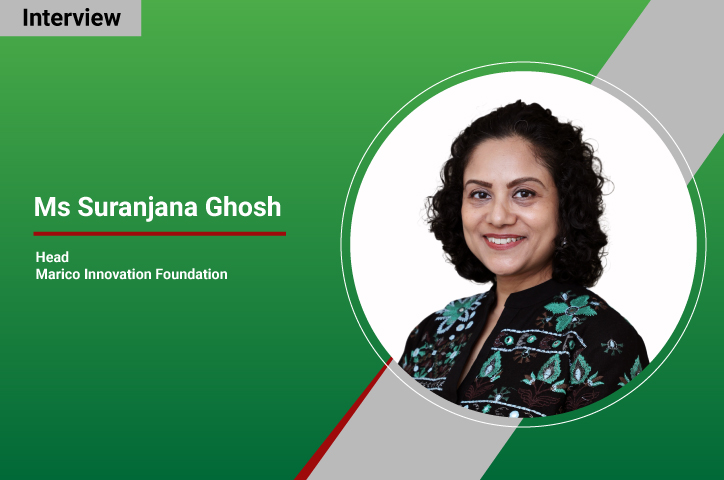
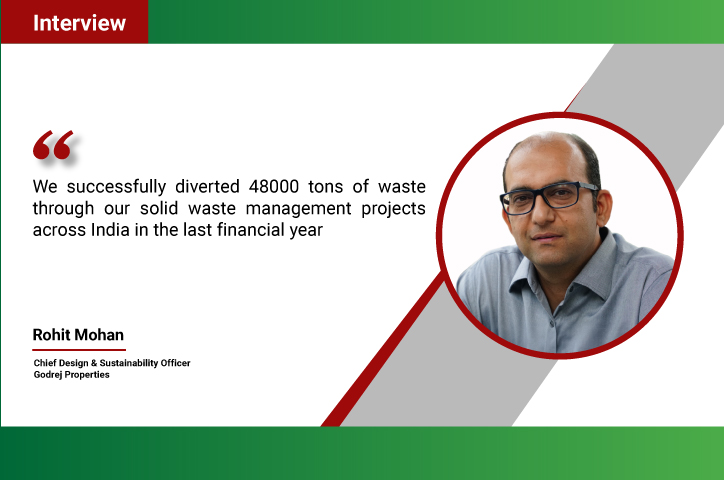
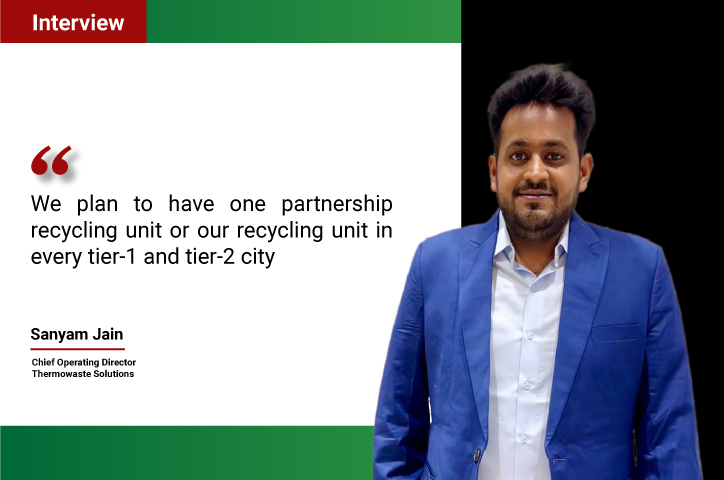
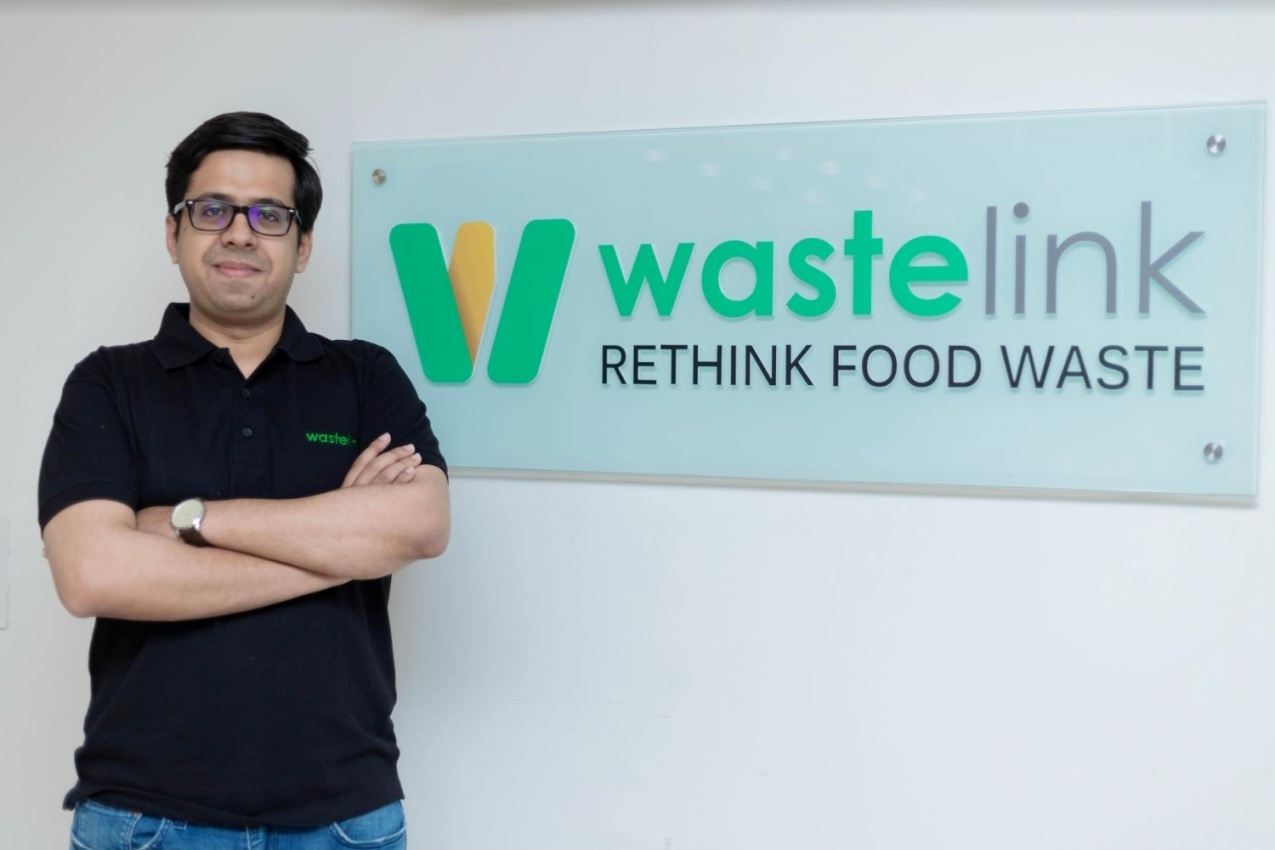
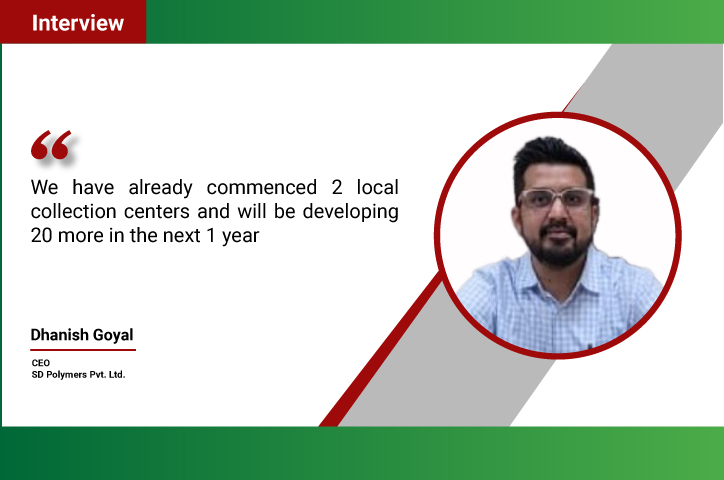
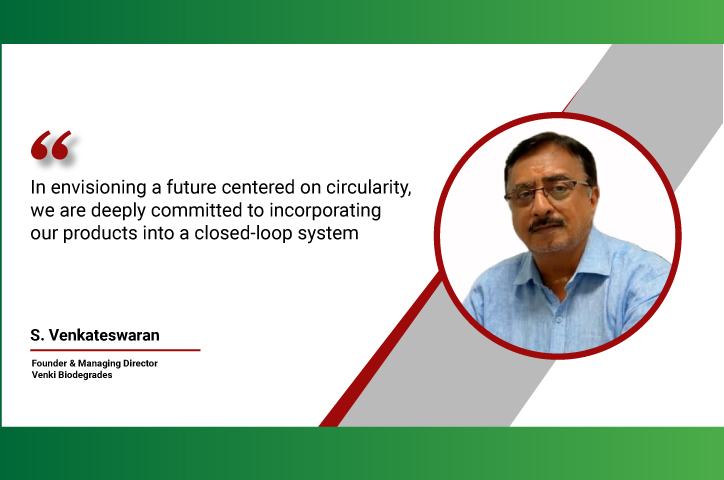
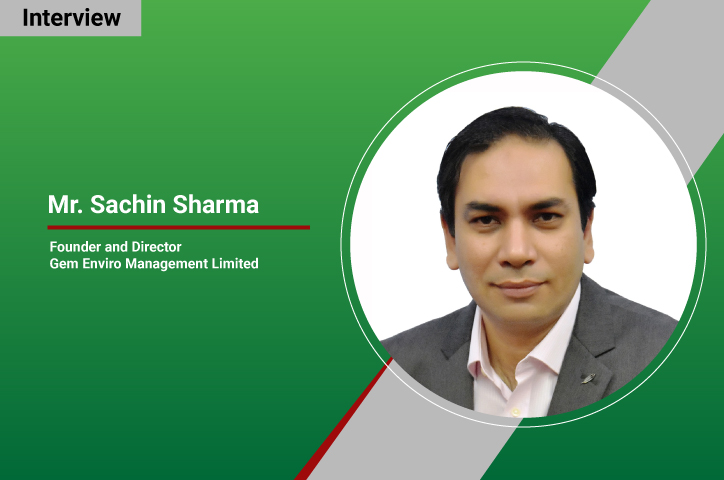
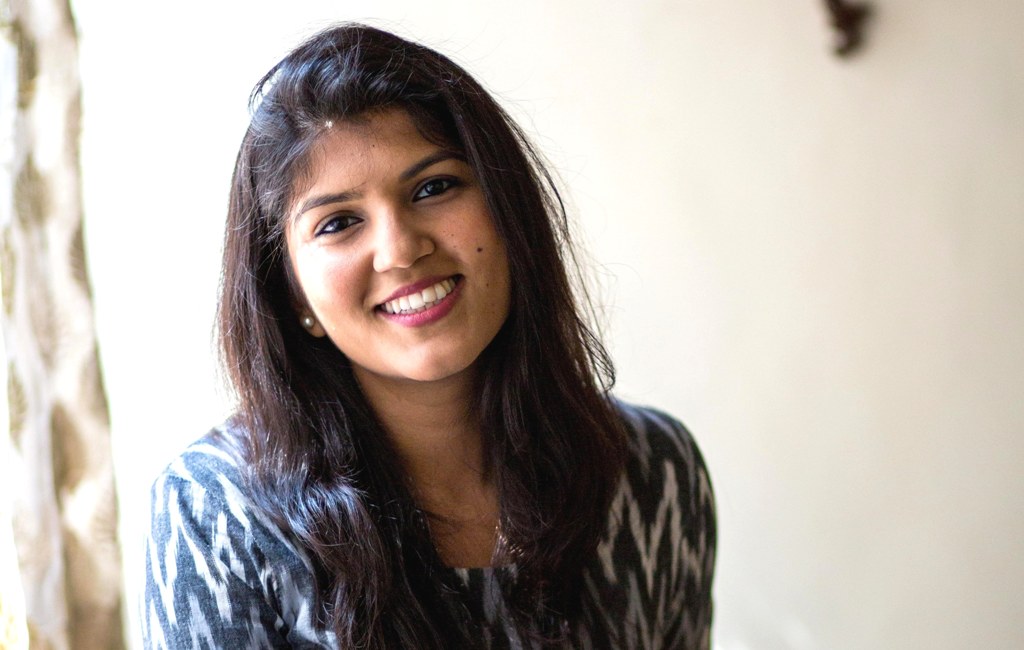
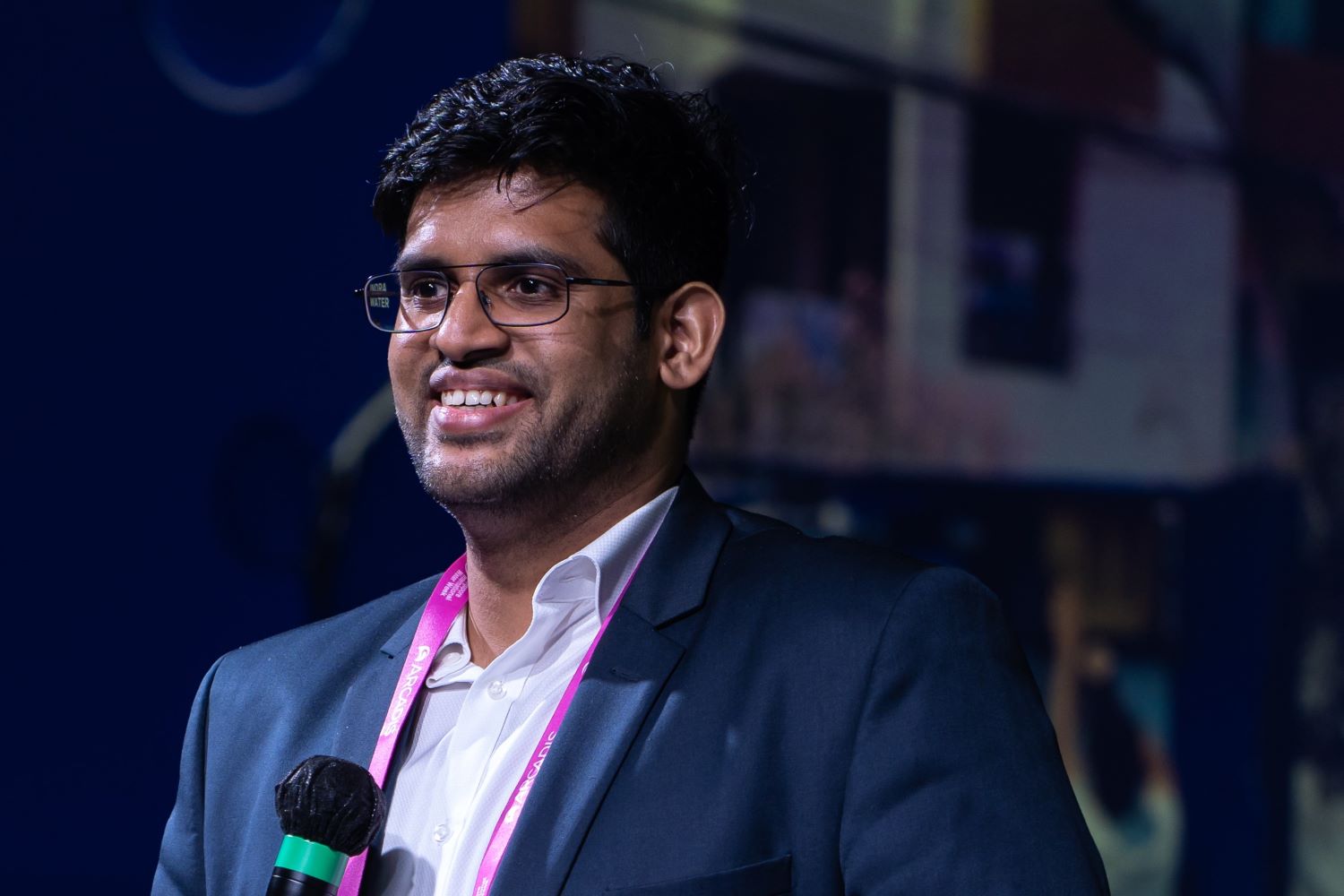







.jpg)



